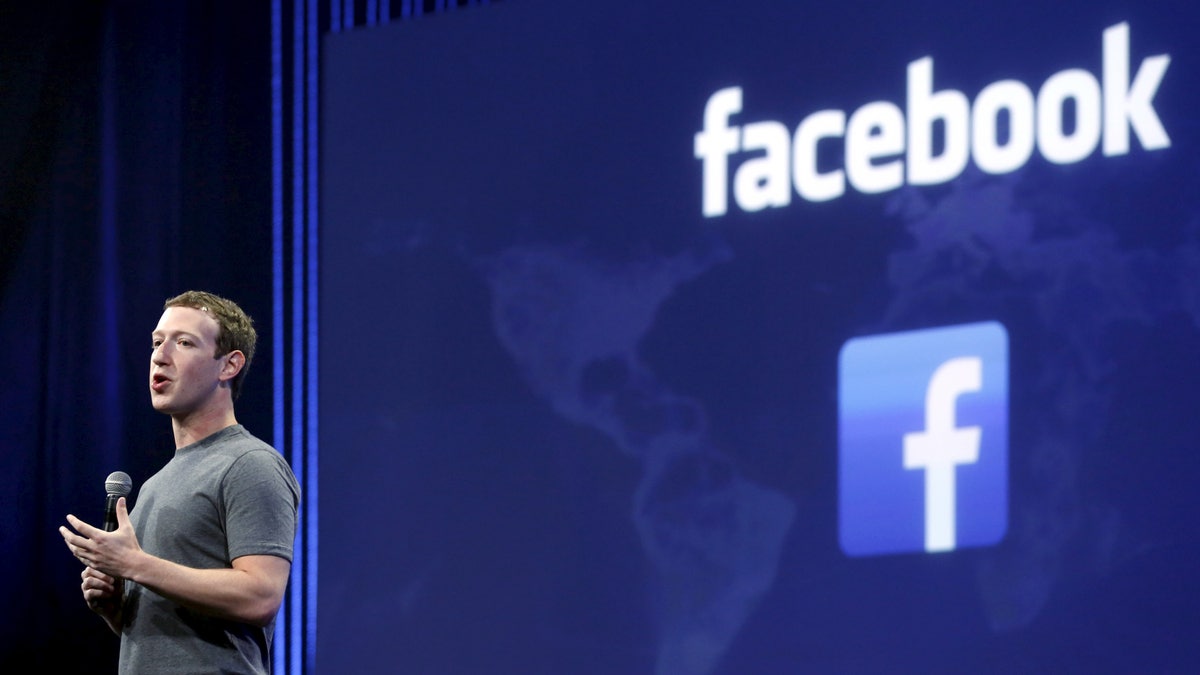
File photo - Facebook CEO Mark Zuckerberg speaks during his keynote address at Facebook F8 in San Francisco, California March 25, 2015. (REUTERS/Robert Galbraith)
As Paris suffered multiple terror attacks Friday night in which at least 129 people died, Facebook took the decision to activate its "Safety Check" feature, a tool launched last year to help people caught in a crisis let others know they're safe.
With more than four million Facebook members using the tool over the weekend to mark themselves as safe, and some 360 million notifications automatically sent out to let others know their loved ones were unharmed in the terror incident, Safety Check clearly showed its worth in the hours following the attack.
However, some questioned why the social networking giant hadn't also activated Safety Check following two suicide bombings in a busy Beirut shopping street a day earlier that killed at least 43 people.
Related: Social media and how the world reacted to the tragedy in Paris
The concerns were addressed by Facebook boss Mark Zuckerberg in a message posted over the weekend.
The CEO said many people had "rightfully asked" why it'd turned on Safety Check for the Paris attacks but not for the Beirut bombings, explaining that until the incident in France, company policy had been to activate it only for natural disasters.
He wrote: "You are right that there are many other important conflicts in the world. We care about all people equally, and we will work hard to help people suffering in as many of these situations as we can."
Zuckerberg said that after reviewing the situation, the company had now changed the policy and would activate Safety Check for "more human disasters" from hereon in.
"Safety Check is a relatively new feature"
In another post expanding on Zuckerberg's message, Facebook executive Alex Schultz said the company was "learning to make the tool and policies behind it better as we go -- and because Safety Check is a relatively new feature for us, we're still understanding how it can best be used and in what instances."
The executive said the company decided to activate the feature during the Paris attack "because we observed a lot of activity on Facebook as the events were unfolding. In the middle of a complex, uncertain situation affecting many people, Facebook became a place where people were sharing information and looking to understand the condition of their loved ones."
The site also faced accusations of selective solidarity after it launched a French flag filter for profile shots, prompting one user with a graphic design background to offer a solution.




















